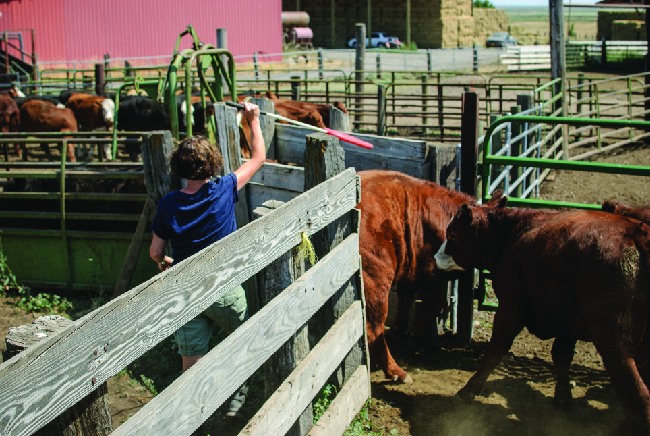| << Chapter < Page | Chapter >> Page > |
It's often the case that one step in a multistep reaction mechanism is significantly slower than the others. Because a reaction cannot proceed faster than its slowest step, this step will limit the rate at which the overall reaction occurs. The slowest step is therefore called the rate-limiting step (or rate-determining step) of the reaction [link] .

As described earlier, rate laws may be derived directly from the chemical equations for elementary reactions. This is not the case, however, for ordinary chemical reactions. The balanced equations most often encountered represent the overall change for some chemical system, and very often this is the result of some multistep reaction mechanisms. In every case, we must determine the overall rate law from experimental data and deduce the mechanism from the rate law (and sometimes from other data). The reaction of NO 2 and CO provides an illustrative example:
For temperatures above 225 °C, the rate law has been found to be:
The reaction is first order with respect to NO 2 and first-order with respect to CO. This is consistent with a single-step bimolecular mechanism and it is possible that this is the mechanism for this reaction at high temperatures.
At temperatures below 225 °C , the reaction is described by a rate law that is second order with respect to NO 2 :
This is consistent with a mechanism that involves the following two elementary reactions, the first of which is slower and is therefore the rate-determining step:
The rate-determining step gives a rate law showing second-order dependence on the NO 2 concentration, and the sum of the two equations gives the net overall reaction.
In general, when the rate-determining (slower) step is the first step in a mechanism, the rate law for the overall reaction is the same as the rate law for this step. However, when the rate-determining step is preceded by a step involving an equilibrium reaction, the rate law for the overall reaction may be more difficult to derive.
An elementary reaction is at equilibrium when it proceeds in both the forward and reverse directions at equal rates. Consider the dimerization of NO to N 2 O 2 , with k 1 used to represent the rate constant of the forward reaction and k -1 used to represent the rate constant of the reverse reaction:
If N 2 O 2 was an intermediate in a mechanism, this expression could be rearranged to represent the concentration of N 2 O 2 in the overall rate law expression using algebraic manipulation:
However, once again, intermediates cannot be listed as part of the overall rate law expression, though they can be included in an individual elementary reaction of a mechanism. [link] will illustrate how to derive overall rate laws from mechanisms involving equilibrium steps preceding the rate-determining step.

Notification Switch
Would you like to follow the 'Chemistry' conversation and receive update notifications?